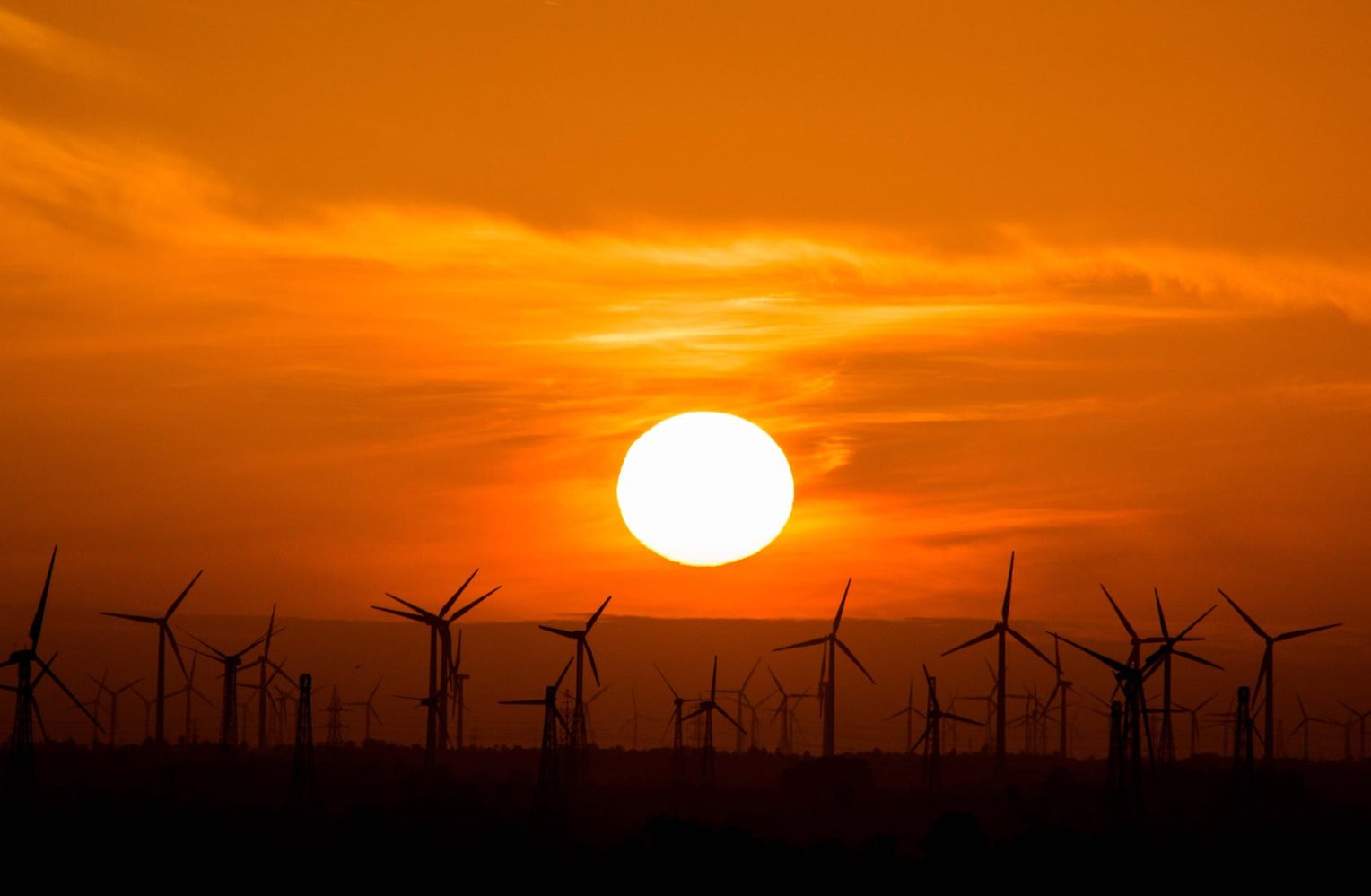
Renewables provided more than 25% of electrical generation in the United States during the first half of 2022, according to new data from the US Energy Information Administration (EIA).
The latest issue of the EIA’s “Electric Power Monthly” report released yesterday, which contains data through June 30, 2022, shows that in the first half of 2022, renewables – biomass, geothermal, hydropower, wind, and solar, including small-scale solar such as rooftop solar – increased their electrical output by 18.45% compared to the first half of 2021.
On August 16, the EIA projected that renewables will provide 22% of US electrical output in 2022. That projection was surpassed halfway through the year, as renewables have already provided 25.23% of total US electrical generation.
For the six-month period to June 30, electrical generation by wind increased by 24.67% and provided 11.55% of total electrical generation. Meanwhile, solar sources grew by 27.72% and provided 4.94% of US electrical output.
Renewables outproduced both coal and nuclear power by 28.76% and 38.81%, respectively.
The combination of just wind and solar generated almost as much as the United States’ nuclear power plants: 344,685 gigawatt hours vs. 379,927 gigawatt hours.
Ken Bossong, executive director of the SUN DAY Campaign, who reviewed the EIA data, said:
Now providing one-quarter of the [US’s] electrical output, it is conceivable that with the incentives provided by the new Inflation Reduction Act, wind, solar, and other renewables will reach the one-third point within the next few years and dominate electrical generation thereafter.
However, S&P Global Market Intelligence reported that in the second quarter of 2022, wind developers connected 945 megawatts of new capacity to US grids – a 77% drop from the same quarter in 2021. (Keep in mind that connecting new capacity is distinct from electrical generation.)
S&P writes:
The decline in additions occurred as the US wind industry was waiting to see if Congress would reinstate production tax credits for new onshore wind farms, with wind equipment manufacturers experiencing delays in orders amid policy uncertainty, supply chain disruptions and rising prices.
But with the passing of the Inflation Reduction Act last week, that drop is expected to be reversed. S&P continues:
Looking ahead, the US has a strong wind project development pipeline, with 73.4 GW through 2026, according to Market Intelligence data. Of that total, 31% is in advanced development or under construction. For 2022, 13 GW is in various stages of development, with almost 6.2 GW, or 48%, under construction and another nearly 1.5 GW, or 11%, in advanced development.
Read more: US hits a record 20% of electricity from wind and solar in April
Photo: Amol Mande on Pexels.com
UnderstandSolar is a free service that links you to top-rated solar installers in your region for personalized solar estimates. Tesla now offers price matching, so it’s important to shop for the best quotes. Click here to learn more and get your quotes. — *ad.
FTC: We use income earning auto affiliate links. More.





Comments